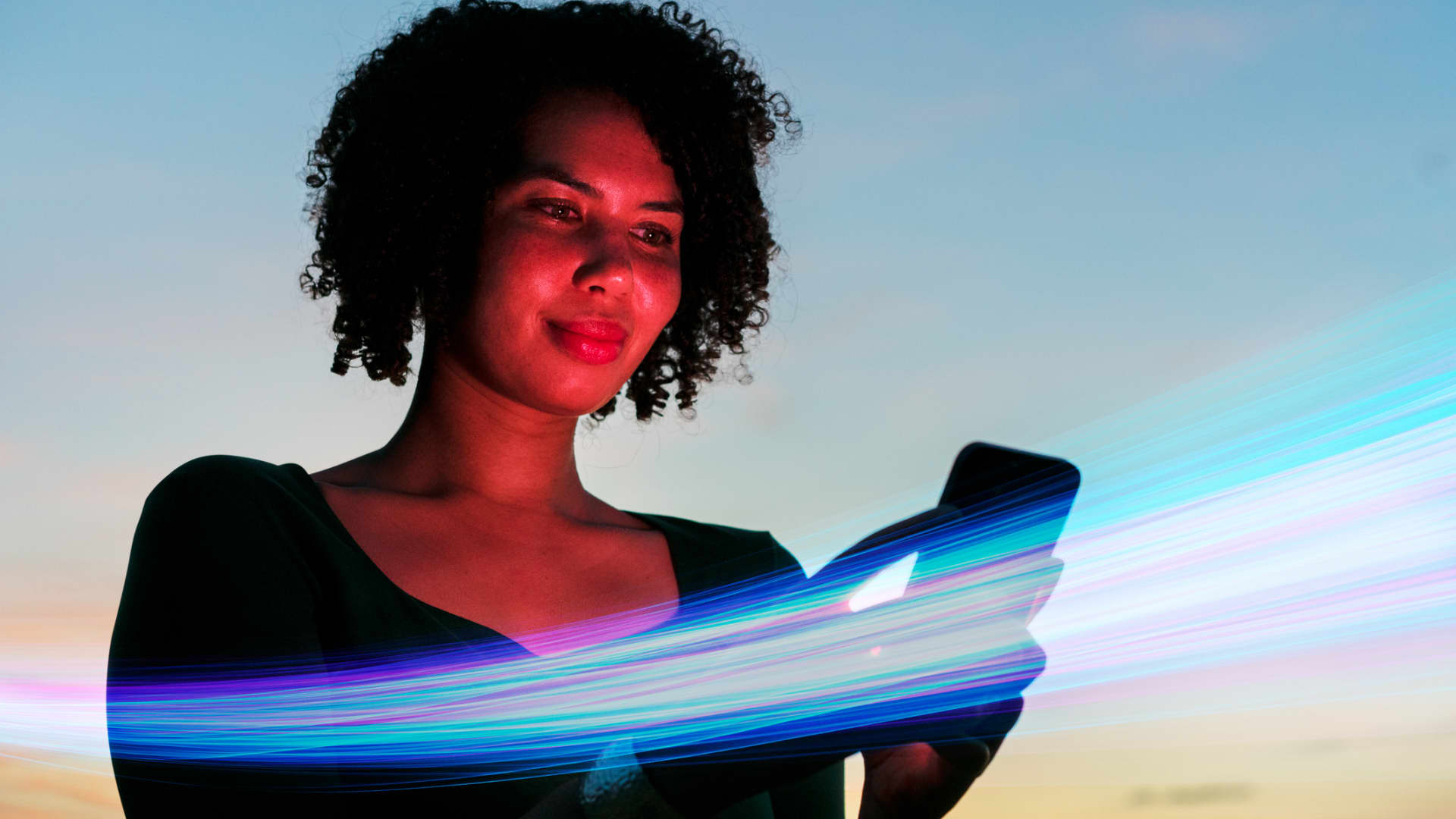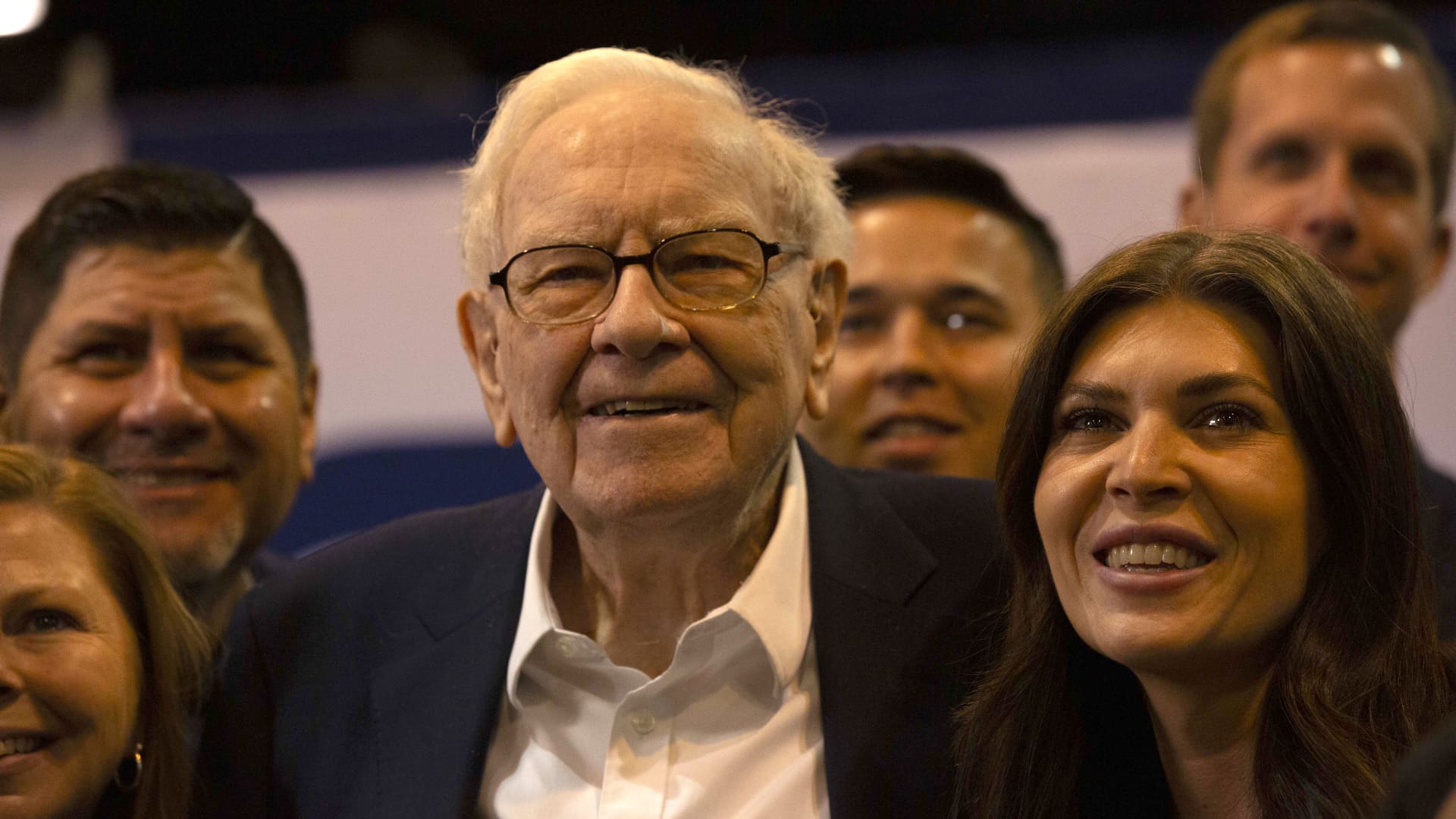A super-intelligent AI doomsday is not where futurists see the world going

The widespread arrival of generative artificial intelligence has prompted alarm from many quarters. A recent U.S. government-funded study warned of “uncontrollable” consequences from AI. There are catastrophic concerns over AI-powered cyberattacks and the potential loss of jobs as AI replaces tasks.
But doom is only one interpretation of AI.
According to experts paid to predict the future, the arrival of AI is more likely than not to offer a roadmap out of humanity’s worst impulses and create a better, more equitable world. That’s the rosy scenario outlined in a recent survey by Tata Consultancy Services, which measured the AI views of 21 futurists worldwide.
“We are now at a point in time where science and technology can enable the advancement of humanity in a way we have not seen in a long time,” said Frank Diana, managing partner and principal futurist at Tata. “We are in a place we haven’t been since the second industrial revolution,” he said, predicting that AI’s widespread arrival will herald innovation in transportation, energy, medicine, and communication.
This view is a world away from some prominent tech leaders who have darkly warned that AI will overtake human intelligence within a few years. In Silicon Valley itself, there is a big split between techno-optimists and doomsdayers.
Diana says the doomsday scenarios distract and undermine the technology’s potential.
“I think, honestly, the conversation around conscious robots and artificial superintelligence gets in the way,” Diana said. “If AI is managed correctly, we will instead talk about all the great things AI can do for humanity.”
He said today’s often negative view of AI in the popular imagination has roots in the 1970s when Hollywood shifted towards more ominous themes that matched the country’s mood. But before that, he said, technology was viewed as something that could one day deliver utopia.
Author and futurist Bernard Marr, who was not involved in the Tata survey, echoed the more optimistic thinking.
“I see all the amazing benefits AI can bring and I see it every day. I believe AI is the most powerful technology humans have ever had access to,” Marr said, a power he believes can be used to bulldoze inequities and challenges in health, education, and climate change.
“We are a very long way from AI becoming sentient, if ever. But AI is very, very good at doing things that in the past only humans could do,” Marr said. “The mundane is a waste of our power as humans. AI will allow us to focus on the amazing power that makes us human,” he added.
He sees AI’s role evolving into being a constant co-pilot rather than staying awake at night worrying about robots taking over the planet.
“AI will make doctor and patient relationships much better,” Marr said, describing how the insurance and regulatory paperwork that bogs doctors down now will be taken over by AI, freeing up the practitioner to spend more time with patients. “I don’t see AI as anything scary; all the systems being developed are not working against humans but are making us better.”
Given AI’s power, regulations, laws, and safeguards are necessary to prevent abuse.
“But already you are starting to see that happen,” Marr said, referring to recent legislation by the EU.
So why the widespread fear? When people talk about sentient AI, they usually turn immediately to the ominous. Sentient, however, can also be benevolent or values-neutral, but that is not the AI people usually think about.
The reason people fear AI lies in our very humanity, said Kelsey Latimer, a Florida-based clinical psychologist who specializes in anxiety disorder. She said that humans are hard-wired to brace themselves for the worst.
“From an evolutionary point of view, we are primed to see the negative and scary things so that we could see the predators coming toward us and respond,” Latimer said. If we view something as unfavorable and it turns out to be positive, no harm is done. If we view something as positive but it turns out to be negative, then we often need to prepare for the consequences.
Futurists like Diana and Marr predict the consequences of AI will be positive ones.
“With the use of AI, the passion and the creativity that we as humans can do will start to shine through,” Diana said.









